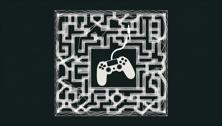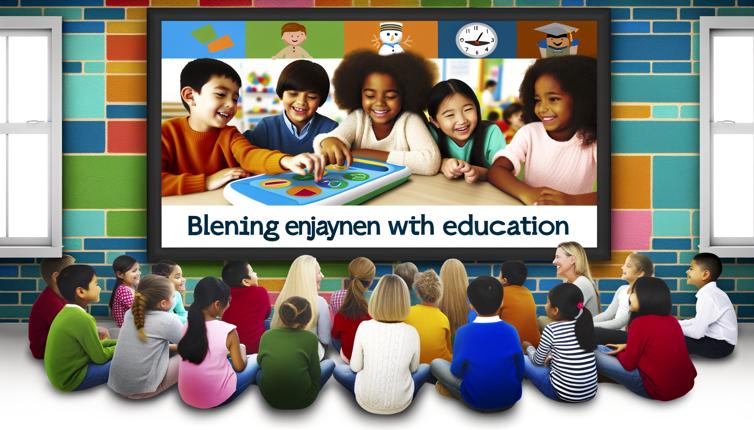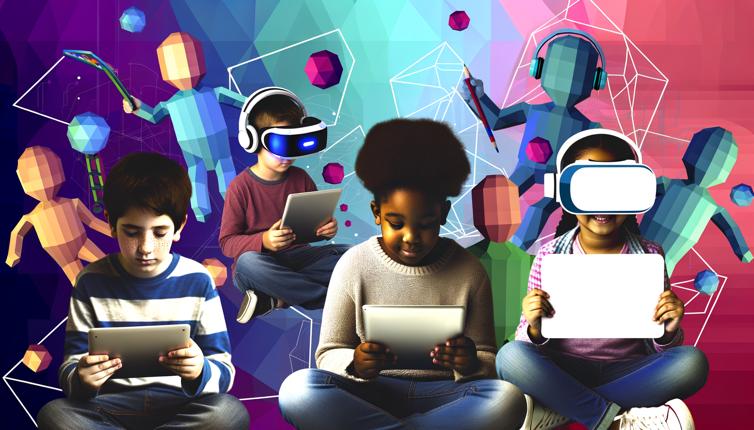Developing Critical Thinking Skills
Educational games often require students to think critically and make decisions based on the information presented to them. Whether it's solving a puzzle, strategizing in a virtual world, or making choices in a simulation, these games challenge students to analyze information, weigh options, and think logically.,Through this process, students develop important critical thinking skills such as problem-solving, decision-making, and evaluating evidence. They learn to consider multiple perspectives, anticipate consequences, and make informed choices. These skills are essential for success in academics and beyond, as they enable students to approach complex problems with creativity and confidence.
Encouraging Risk-Taking
One of the unique aspects of educational games is that they provide a safe environment for students to take risks and explore new ideas. In a game, students can try different approaches, make mistakes, and learn from them without the fear of real-world consequences.,By encouraging risk-taking, educational games foster a growth mindset, where students see challenges as opportunities for learning and growth. They develop resilience, perseverance, and the ability to bounce back from failure. These qualities are essential for innovation and success in any field, as they allow individuals to push boundaries and think outside the box.
Conclusion
Educational games have the power to transform the way students learn by engaging them in a dynamic and interactive process. By presenting choices and challenges, these games foster creative thinking and encourage risk-taking. They develop critical thinking skills and cultivate a growth mindset, preparing students for success in the ever-evolving 21st-century world.









